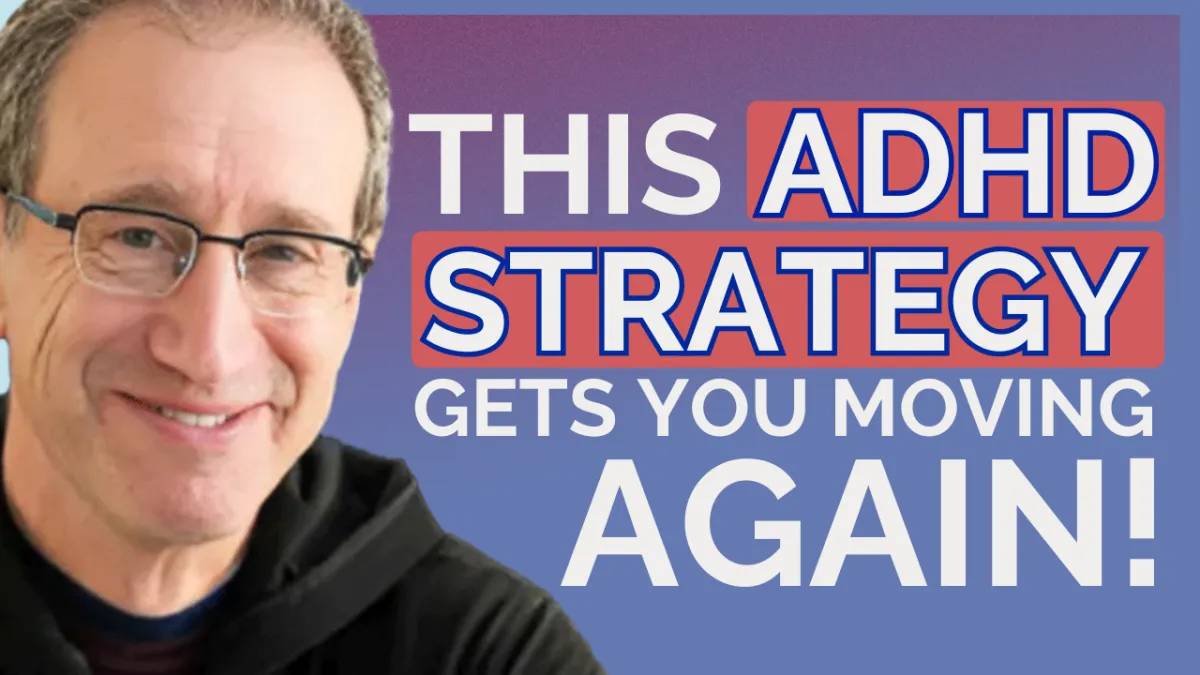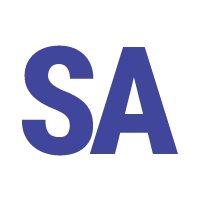Rocket Ship Founder Podcast
Rocket Ship Founder is my weekly podcast dedicated to supporting Founders on their journey. Episodes are short (around 12 minutes) but high value. Each week I dig into a particular topic on Founder life. Special focus on helping ADHD Founders, building great offers and reliable lead flow. Enjoy!
Previous Posts and Podcast Episodes

Can Entrepreneurs with ADHD Achieve Business Growth?
Entrepreneurs with ADHD face real challenges. Starting is hard. Staying focused is even harder. You may have experience, ideas, and clear goals. But distractions can quickly pull you away. And without structure, it's easy to lose momentum.
That structure may have come from a team or job in the past. When you're on your own, it's different. You now have to build that structure yourself.
I'm Steve August, founder of the ADHD Entrepreneur Accelerator. I've built startups and led large teams. Today, I coach ADHD entrepreneurs through these exact struggles. I focus on systems that help improve executive function and make daily work easier. One key? Managing your energy.
In this article, I'll show you how ADHD affects focus and decision-making. You'll learn how to work with your brain's natural rhythm and build support systems around it. These simple shifts can help you move forward again.
Why Do Entrepreneurs with ADHD Struggle to Get Started?
As an entrepreneur, it's tough when you know what to do but can't start. You set time aside. You make the plan. Then something small pulls you off track. Hours pass, and you feel like you did nothing.
This happens often. Especially if you've had past success. Maybe you were a founder, a team leader, or a key player. You could power through tasks before. Now, on your own, it's different. It may even feel like your motivation vanished.
Why Does This Happen?
At first, most people blame:
Lack of focus
Poor discipline
Low motivation
They try to push harder. But it doesn't work.
Is ADHD the Cause?
Many realize later that ADHD might be the reason. ADHD makes it harder to focus, stay on task, and block distractions even when you care deeply about the work.
Finding a Solution
First, recognize that ADHD may affect your focus and follow-through. That alone helps. Once you see the pattern, you can build new strategies that fit how your brain works.
Challenges Faced by Entrepreneurs with ADHD
ADHD isn't just about losing focus. It's more complex than that. The real issue is attention control, not a lack of attention.
ADHD Is Not Just an Attention Issue
ADHD often means:
Too much awareness of everything
Trouble choosing where to focus
Difficulty holding attention on one task
This scattered focus can slow you down and block progress.
ADHD as a Performance Disorder
Dr. Russell Barkley calls ADHD a performance disorder. You know what to do. You have the skill. You just can't always follow through.
That's because ADHD affects executive function, the brain's ability to:
Start tasks
Prioritize work
Organize information
Stay on track
How ADHD Affects Executive Function
The brain has two key areas involved:
The back handles thinking and idea generation.
The front manages focus, planning, and follow-through.
With ADHD, the front part works less efficiently. That's what causes the gap between knowing and doing.
Aging and Executive Function in Entrepreneurs with ADHD
As we age, our energy drops. In the past, you may have powered through with pure effort. That gets harder. Lower energy means weaker focus. This creates burnout and the sense that your drive is gone.
How Can Entrepreneurs with ADHD Manage Executive Function Challenges?
Building a business or leading a team is hard enough. But doing it without structure makes it harder, especially with ADHD. A job's structure is built on deadlines, calendars, and coworkers. In your business, it's all on you.
ADHD and the Struggle with Structure
Executive function is what helps you:
Start work
Stay focused
Make decisions
Finish what matters
Without external systems, ADHD symptoms grow. You lose focus. You avoid starting. Priorities blur.
How to Manage Executive Function
Think of executive function as fuel. Use it wisely. Here's how:
Know your best times: Most people focus better in the morning. Use that time for important tasks.
Track your week: Your energy may be higher early in the week. Protect that time.
Match tasks to energy: Use high-energy times for deep work. Save lower-energy moments for light tasks.
When you manage this fuel well, you do more with less stress.
How Can Entrepreneurs with ADHD Make the Most of Limited Executive Function?
Managing executive function can be tricky, especially for entrepreneurs with ADHD. You likely only have a limited time each day when you're at your best. Some days, you may have more energy and focus, while on other days, you might have less. Recognizing this can help you use your time wisely.
Understanding the "Window" of Executive Function
Protect your best hours. Use that time for:
Important but not urgent tasks
Strategy and growth planning
Focused creative work
Long-term projects
Personal development
These "Quadrant 2" tasks shape the future. But they often get lost in the daily noise.
Creating Structures to Support Your Work
You don't have to work alone. Body doubling, working with someone else, even silently, helps a lot. Co-working keeps you focused. You feel less isolated and more accountable.
How to Leverage Your Energy and Brilliance
You've built skills. You've gained experience. However, executive function may not feel as strong as it once was. That's okay. Using structure, routines, and accountability, you work with your brain, not against it. That's how you keep moving forward.
Conclusion
In conclusion, entrepreneurs with ADHD face challenges that make it hard to stay focused and organized. It's important to understand that ADHD is not just about attention.
It's about struggling with executive function, which affects decision-making, task initiation, and staying on track. Recognizing this can help you manage your energy and time better.
You can make the most of your day by focusing on the most important tasks during peak times. Creating structures, like working alongside others for accountability, can also help you stay focused. This simple approach can improve productivity and help you move forward.
Ultimately, managing ADHD means understanding your limits and working with them. With the right strategies, you can use your skills and experience to achieve your goals, even with ADHD's challenges.
FAQs
How can entrepreneurs with ADHD improve their productivity?
Entrepreneurs with ADHD can improve productivity by focusing on high-impact tasks during peak times. Recognizing when their executive function is at its best helps them stay focused and efficient.
Why do entrepreneurs with ADHD struggle with task initiation?
ADHD affects executive function, making it harder for individuals to start tasks. They may have the knowledge and skills, but struggle with organizing and prioritizing work.
What is the best way for entrepreneurs with ADHD to manage distractions?
Entrepreneurs with ADHD should create structures and work alongside others. Co-working or body doubling can help with accountability and reduce distractions.
How can entrepreneurs with ADHD manage their energy levels?
Entrepreneurs with ADHD can manage their energy by recognizing when they are most focused and scheduling tasks during these peak times, usually in the morning or earlier in the week.
Can entrepreneurs with ADHD work effectively on their own?
It can be challenging for entrepreneurs with ADHD to work alone. They may benefit from external structures or working with others to stay accountable and maintain focus.
STAY CONNECTED & KEEP LEARNING
Mastering focus and building a thriving business with ADHD doesn’t happen overnight, and you don’t have to do it alone.
Subscribe to the ADHD Entrepreneurs Newsletter on LinkedIn to get stories, tips, and ADHD-friendly strategies straight to your inbox to help you stay out of overwhelm, reclaim your focus, and achieve your full potential.
Copyright 2025 Steve August Coaching | All Rights Reserved

